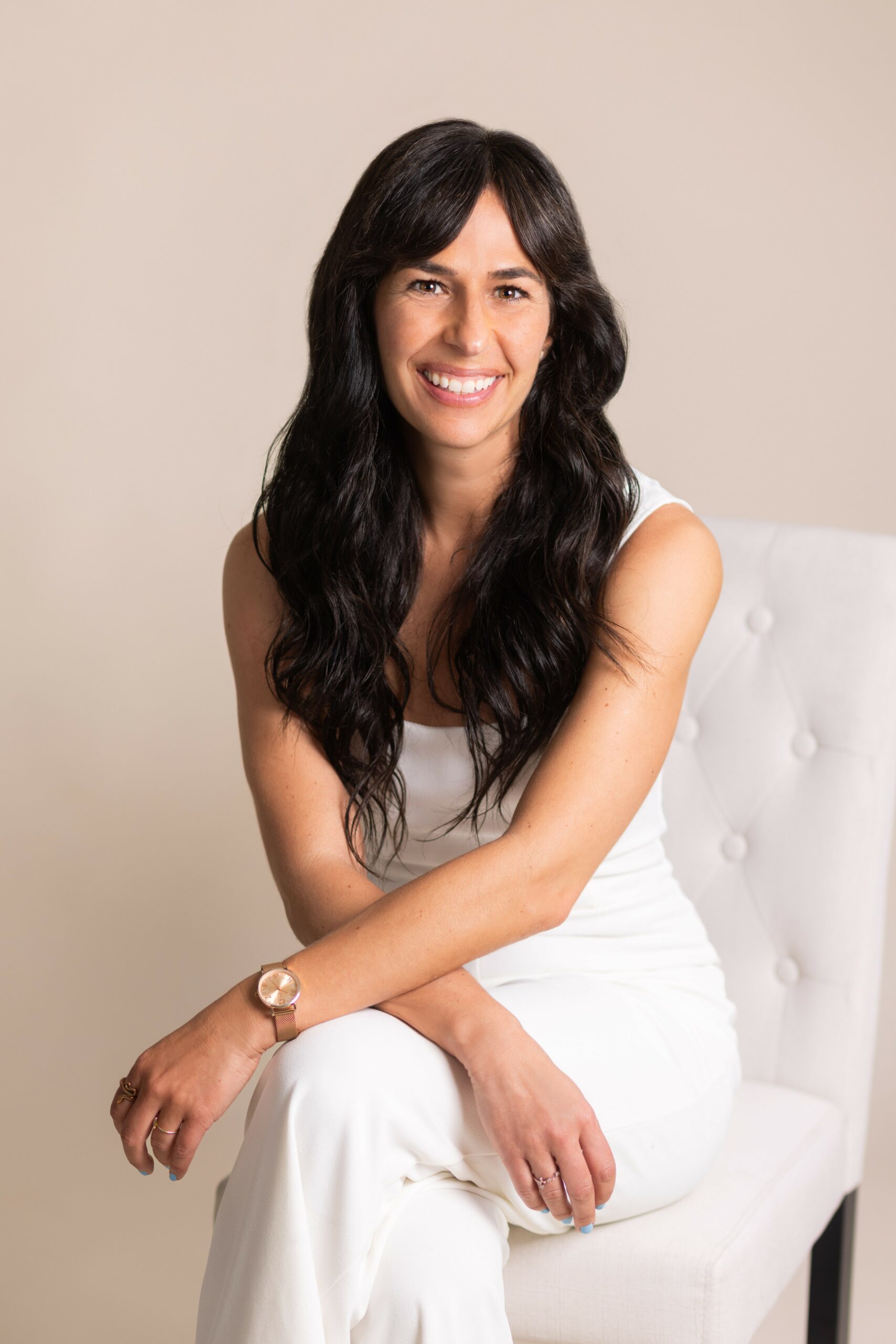We were lucky to catch up with Jill Baumgartner recently and have shared our conversation below.
Jill, so many exciting things to discuss, we can’t wait. Thanks for joining us and we appreciate you sharing your wisdom with our readers. So, maybe we can start by discussing optimism and where your optimism comes from?
I think optimism has sprouted from a few different areas for me. When I’m feeling creative and exploring different ideas, I tend to notice a positive energy within myself. I think challenges and difficulties have probably kept me optimistic too, though I doubt I felt that way at the time. I am very spiritual, and I have always had an inner knowing that positive shifts will eventually happen, they just don’t always occur on my timeline. I’ve had to learn to trust in divine timing quite a bit.
I didn’t realize it until I sat down to write this, but developing empathy also seems to be correlated with optimism for me. I have developed a lot of empathy based on many personal and professional experiences. Being able to hold space for others knowing that things can eventually improve can offer a sense of hope. I’ve also seen many others be successful and that has been inspiring. I enjoy getting other people’s perspectives and I’ve often had my own strengths reflected back to me when I’ve asked for help or advice.
Great, so let’s take a few minutes and cover your story. What should folks know about you and what you do?
I work as a psychotherapist in private practice within San Diego. I try to create a therapeutic ease with clients as they explore difficult issues, as this can help mirror healthy connection and limbic resonance. Therapy can offer a private space for clients to receive support for things they may not have received, like emotional validation. I am very engaged with clients in session, and I use a blend of direction along with compassion and understanding. I especially enjoy working with clients who feel motivated to do deep work and clients who may be struggling with years of chronic symptoms. I am always curious about why therapy may not have been successful for clients in the past. This has been helpful for knowing when to offer preparation skills, prior to helping clients address deeper therapeutic work.
I often receive client referrals to help with nervous system regulation and dysregulation. I have found that somatic skills can provide a path forward for clients to learn to trust the intelligence of the body. Sometimes clients have had to endure many intense experiences and they may not even realize the extent of how something has impacted them. In my perspective, self-acceptance and self-compassion can just be concepts unless we have practical skills to help us get there. I help clients form an understanding of why the body responds the way it does in certain contexts, and I guide them to experience emotions without feeling overwhelmed or disoriented.
One area that I’ve become quite passionate about is mind-body awareness. This awareness can help clients identify the boundaries they want to set and improve attachment responses and relationships. I enjoy helping clients identify the edges of their boundaries and ways to practice discernment. For some clients, these are skills that take time as they heal from attachment disruptions and learn to strengthen their intuition.
If you had to pick three qualities that are most important to develop, which three would you say matter most?
Three words that come to mind are passionate, light-hearted, and intentional. For me, there has always been passion and a motivating force to learn and to work with people. I also try to ask myself if something is fulfilling before I commit, I think it’s important to continue to find joy in work.
Being intentional has helped me sit with whether I am feeling hesitant to explore a new opportunity or if it’s an avenue that is just not the best fit. Sometimes I quietly observe and sometimes I step into leadership roles; I’ve learned a lot from both and a balance between the two seems to work best.
Do you think it’s better to go all in on our strengths or to try to be more well-rounded by investing effort on improving areas you aren’t as strong in?
For me personally, I think that both ideas can be true, as I have found that it doesn’t have to be one or the other. Depending on the context, I may acknowledge my strengths and trust that I know how to do something effectively because I have the experience doing so. If I have more time, I may sit with what’s uncomfortable and invest in something that is new for me to explore. If something has become a struggle, I’ve had to explore ways that others have done things and then find the parts that are true for me.
Learning is going to be a constant and I am always unlearning and relearning. It’s taken some introspective work to challenge certain expectations of achievement when societal perspectives of stress can be skewed. There have been times when I embrace a more active role, and there are times when I sit back and allow opportunities to trickle in. Perspective and balance have been key ingredients for me.
Early on, I started to notice trends in my business at different times of the year. I decided to split the year into different quarters, and I continue to set small goals for each. Each quarter is a good reminder of the different seasons of the year, and I try to embrace the natural cycles. Seeing the value of persistence pay off is always fun, sometimes it’s been a shift of momentum at just the right time.
Contact Info:
- Website: https://jillbaumgartnerlcsw.com/
- Linkedin: https://www.linkedin.com/in/jill-baumgartner-95a44b251
- Other: https://www.psychologytoday.com/us/therapists/jill-baumgartner-san-diego-ca/905163
https://beingseen.org/therapist/jillbaumgartner/
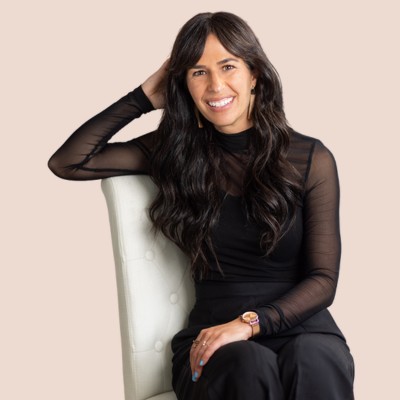
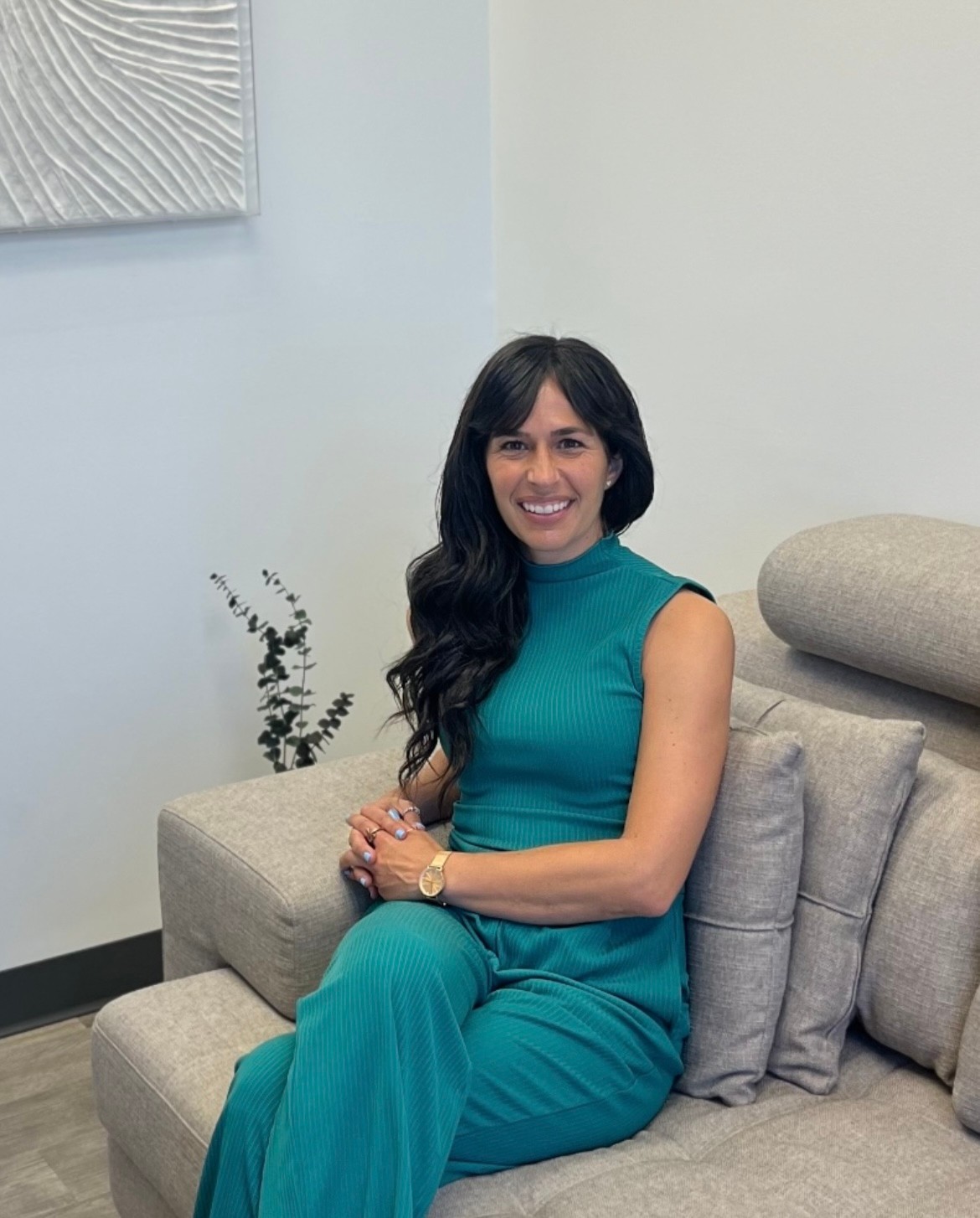
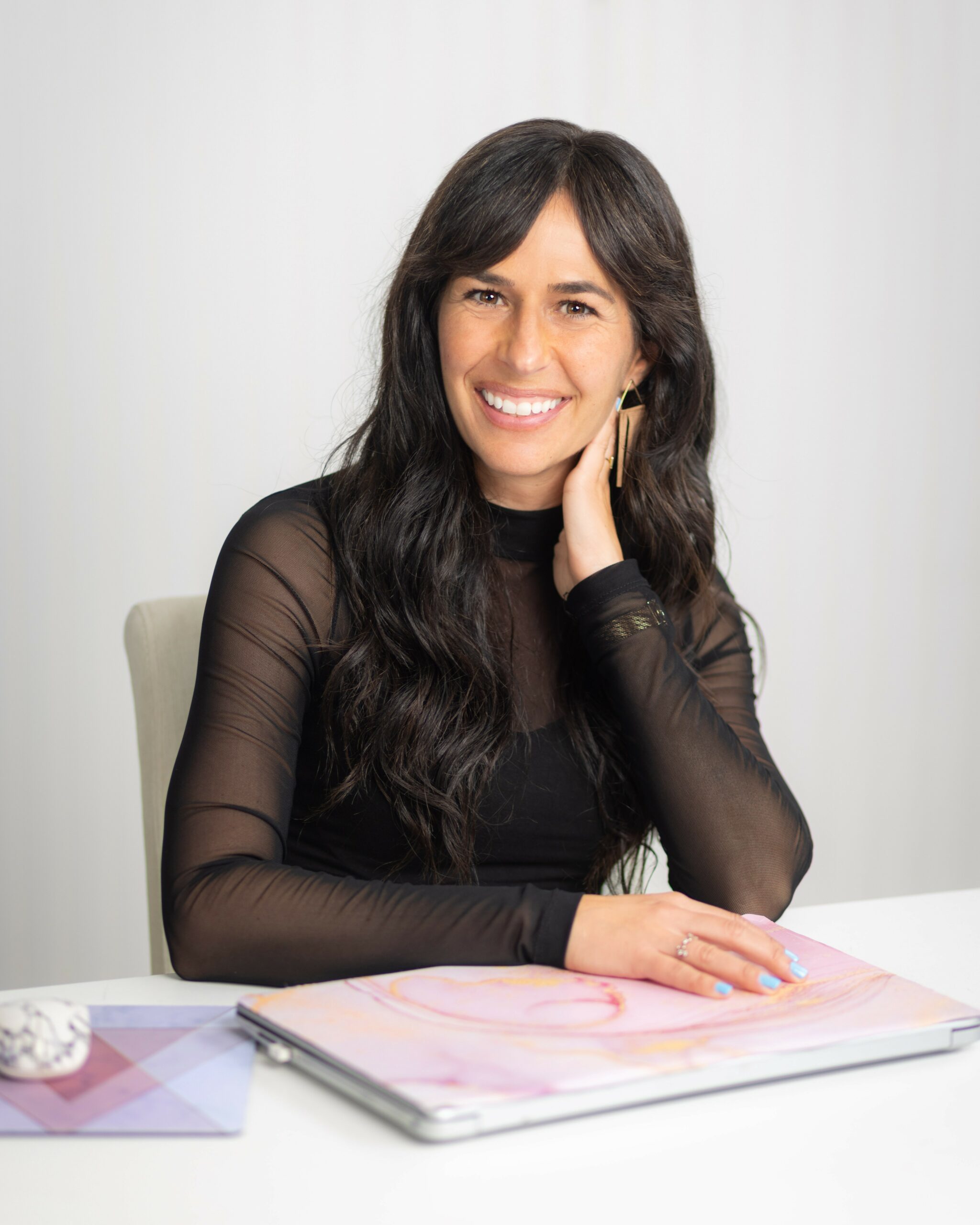
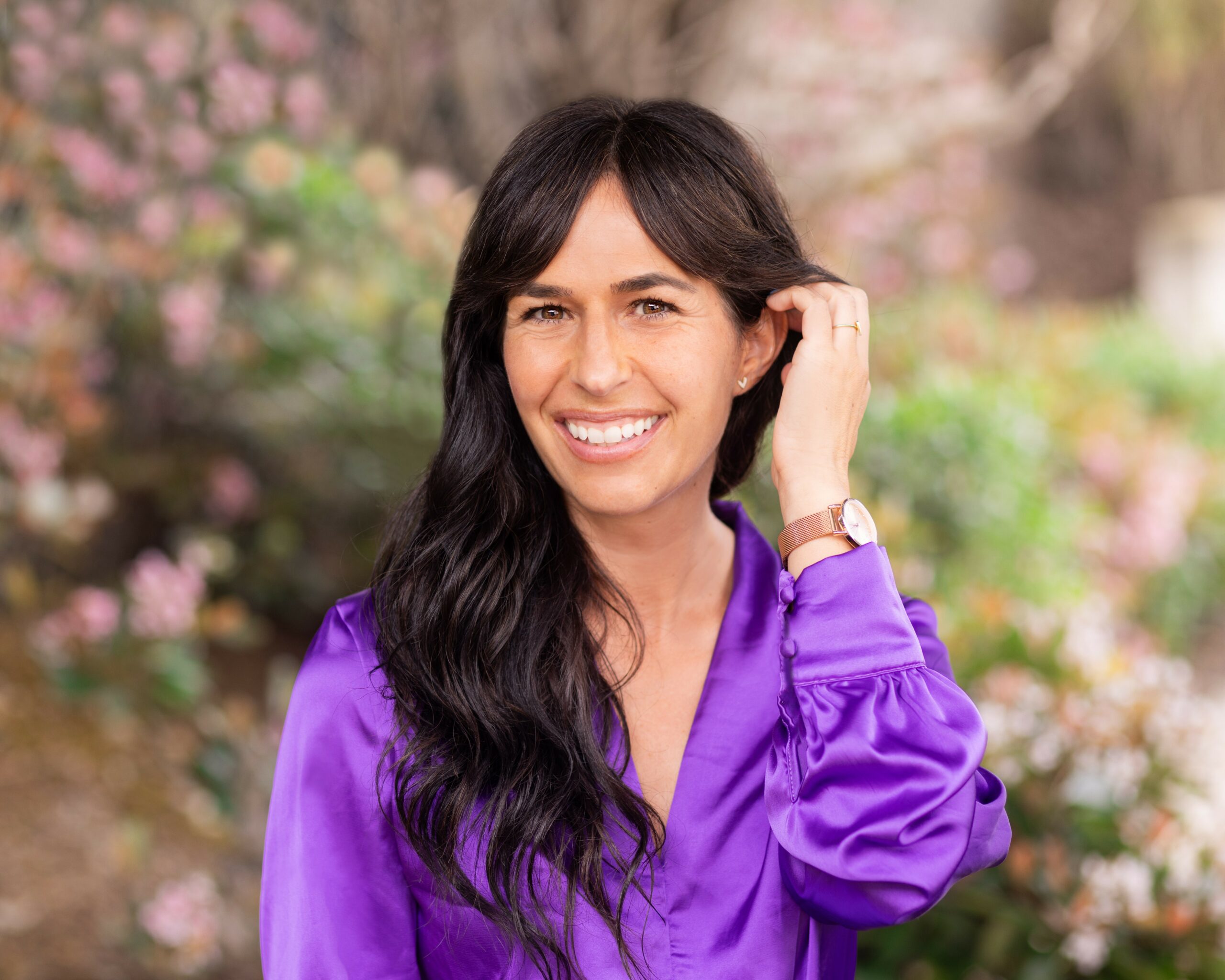
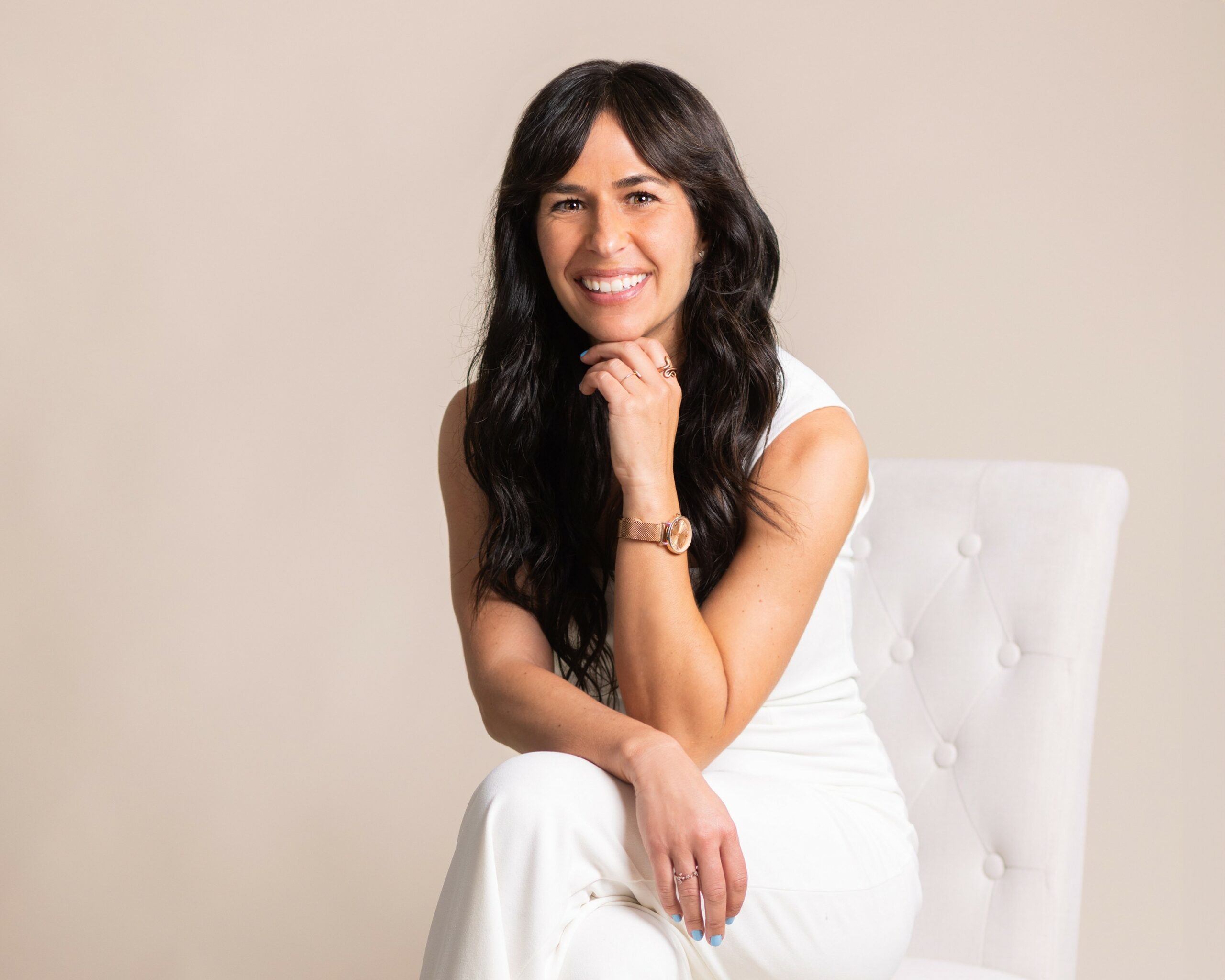
Image Credits
ChelseaV Photography, Tania Hormozi

